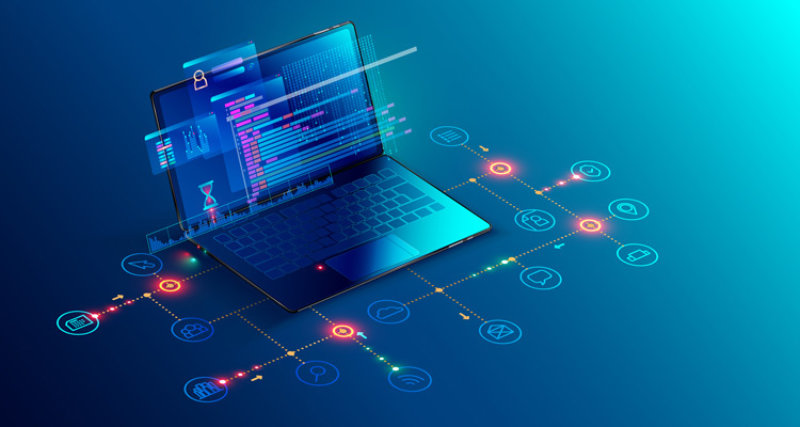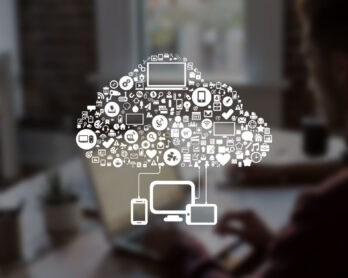Software development never stands still and some trends are set to change the game entirely
Shifting societal and technological needs are constantly driving (and in many instances, are driven by) changes in software development. Whether it’s a global pandemic, global warming or simply the quest for greater convenience and productivity within the business landscape, the first port of call for innovation lies in finding digital solutions to real-world problems and challenges.
Many businesses are embracing the accelerated evolution of digitalisation, but the sheer scope of the landscape can still be overwhelming. In order to make the most of your business software, you need to know which factors demand your focus. With that in mind, here are some of the biggest trends in software development right now.
With that in mind, let’s take a closer look at some of the big trends in software development that are likely to dominate the short to medium-term future.
Energy efficient and energy efficiency software solutions
Sustainability is perhaps the greatest single challenge of the modern age. With that in mind, there is more emphasis than ever on developing software to manage the efficiency of our daily lives – from monitoring energy usage in homes and workplaces to identifying areas of unnecessary waste in industrial settings.
Similarly, the use of digital technologies themselves must be held accountable for their own energy usage. There is a need for developers and organisations investing in solutions to innovate in more sustainable and environmentally responsible ways. One area of interest is battery optimisation, which has seen users turn against complex animations, heavy scripts, redundant CPU cycles and more which could drain device battery life unnecessarily.
It’s safe to say that green software has cemented its place in the spotlight, and isn’t going anywhere anytime soon.
IoT expansion
The Internet of Things has succeeded in connecting billions of devices all over the world across a diverse range of industries and sectors. From healthcare and shipping to manufacturing and agriculture, IoT devices are putting more data and tools at our fingertips than ever before.
Each of these devices requires software in order to operate effectively, creating a huge need for software engineers to consolidate the data at hand, make it usable in intuitive ways and safe from hackers and cybercriminals.
Blockchain dominance
Blockchain is primarily known for its role in cryptocurrency, but its other uses are gaining more attention, including its wider use in preventing fraud. As people uncover more of blockchain’s potential, its functions and applications are only likely to increase.
High efficiency NLP
The growing popularity of NLP – or Natural Language Processing – cannot be ignored. As companies adopt AI and machine-learning tools to drive improvements in efficiency and productivity, NLP can help to deliver reliable insights that structure data without bias or human error.
As this becomes more popular, we’re likely to see a growing awareness for ethical AI – ensuring software and machines are programmed to act in accordance with modern values.
AI transparency
Speaking of AI, as businesses and individuals become more reliant on machine learning for their everyday processes, we’re seeing greater importance placed on the transparency of this technology. Software users want developments to be able to explain exactly how an algorithm works and makes sense. As criticism of social media giants such as Facebook and Google has already shown, algorithms that are shrouded in mystery and appear to influence users in questionable ways are being scrutinised more than ever before.
Cortical.io provides state-of-the-art AI-based solutions to save you time and raise your profitability, including contract intelligence. Click here to find out more.










